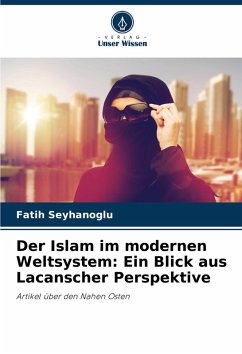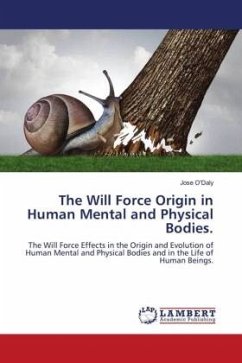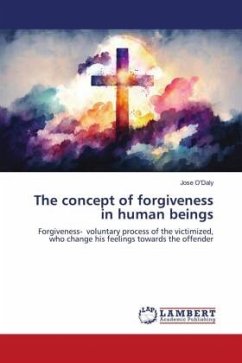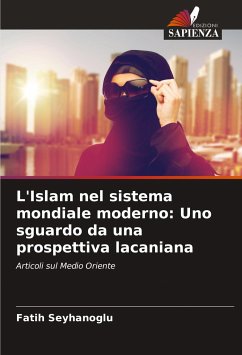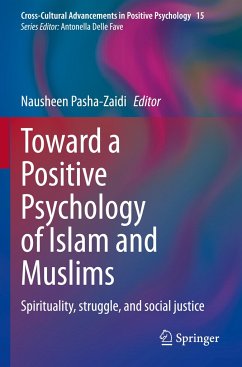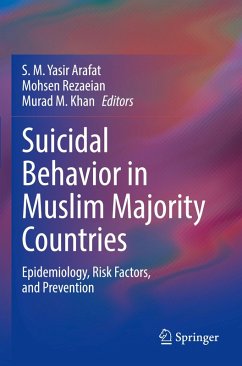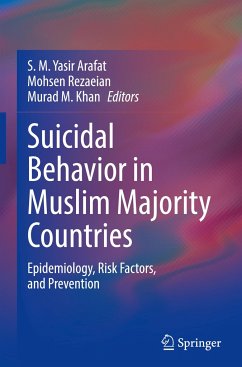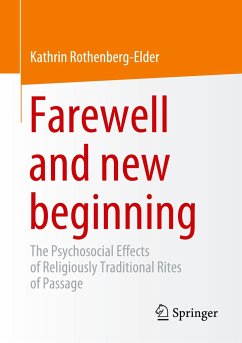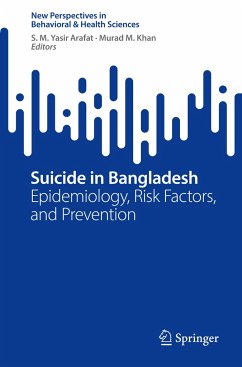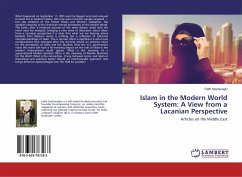
Islam in the Modern World System: A View from a Lacanian Perspective
Articles on the Middle East
Versandkostenfrei!
Versandfertig in 6-10 Tagen
19,99 €
inkl. MwSt.

PAYBACK Punkte
10 °P sammeln!
What happened on September 11, 2001 was the biggest and most unusual terrorist act in modern history. Not only were innocent people targeted - but also emblems of the United States and Western civilization; the symbolic meaning of the American mental perception of the Muslim World. This book, after a historical account of the same debate, deals with the event must be analyzed, bringing a new wave of discussion about Islam. From a Lacanian perspective it is clear that what we are hearing about Muslims from Western voices is nothing but a reflection of historical misunderstandings of Islam. This...
What happened on September 11, 2001 was the biggest and most unusual terrorist act in modern history. Not only were innocent people targeted - but also emblems of the United States and Western civilization; the symbolic meaning of the American mental perception of the Muslim World. This book, after a historical account of the same debate, deals with the event must be analyzed, bringing a new wave of discussion about Islam. From a Lacanian perspective it is clear that what we are hearing about Muslims from Western voices is nothing but a reflection of historical misunderstandings of Islam. This is normal. What is significant is what new configurations that emerged after the terrorist attack on America mean for the perception of Islam and the Muslims. How the U.S. government reads this event will have a far-reaching impact on the role of Islam in the modern international world system. What is the meaning of a supranational Muslim identity? What is the meaning of Muslim identities for the West? What is the connection, if any, between terror and Islam at theoretical and practical levels? Would an intertextualist approach that brings different epistemologies into the field be possible?



